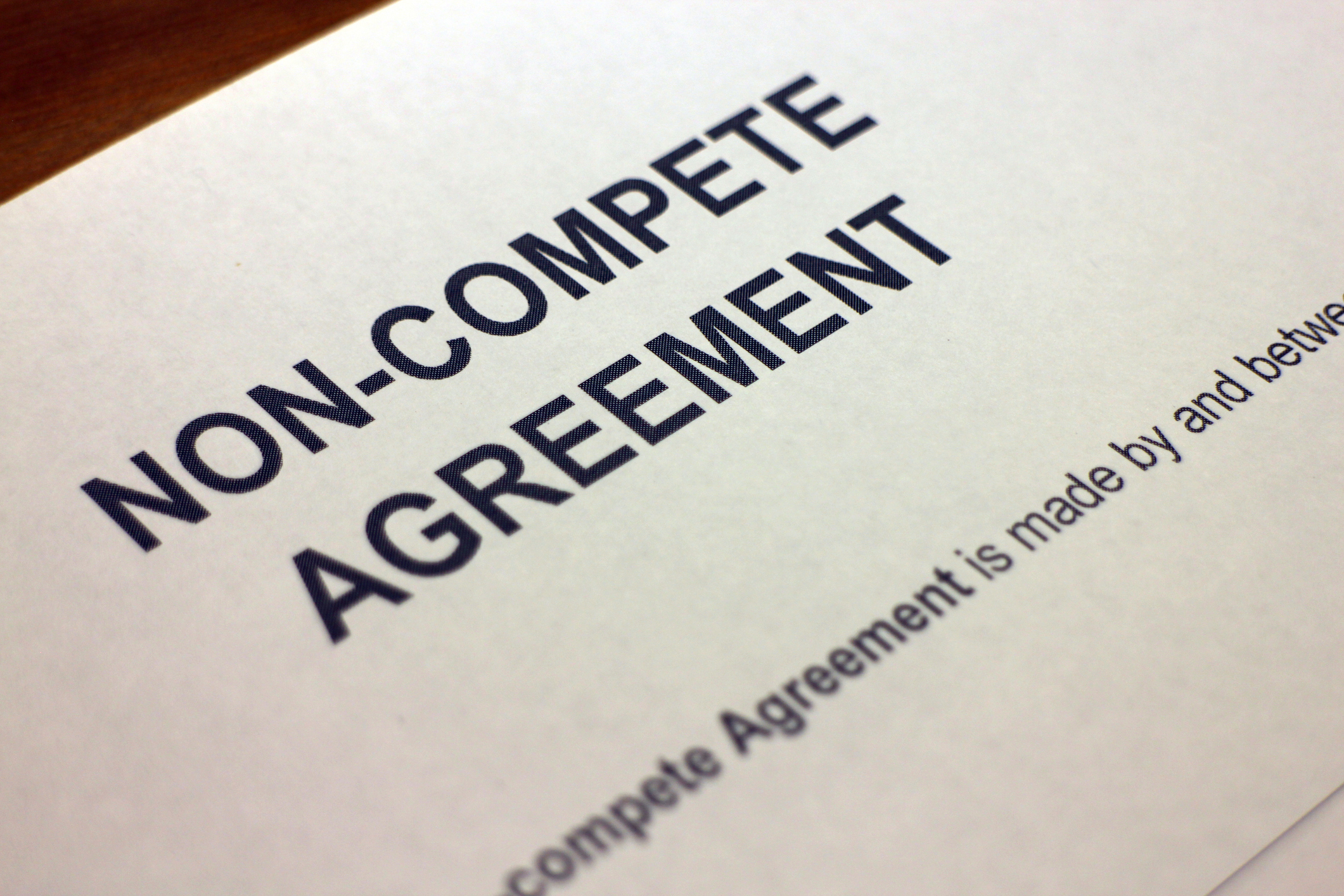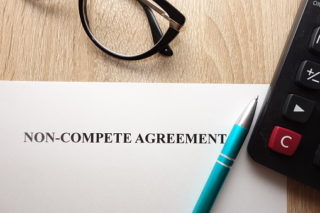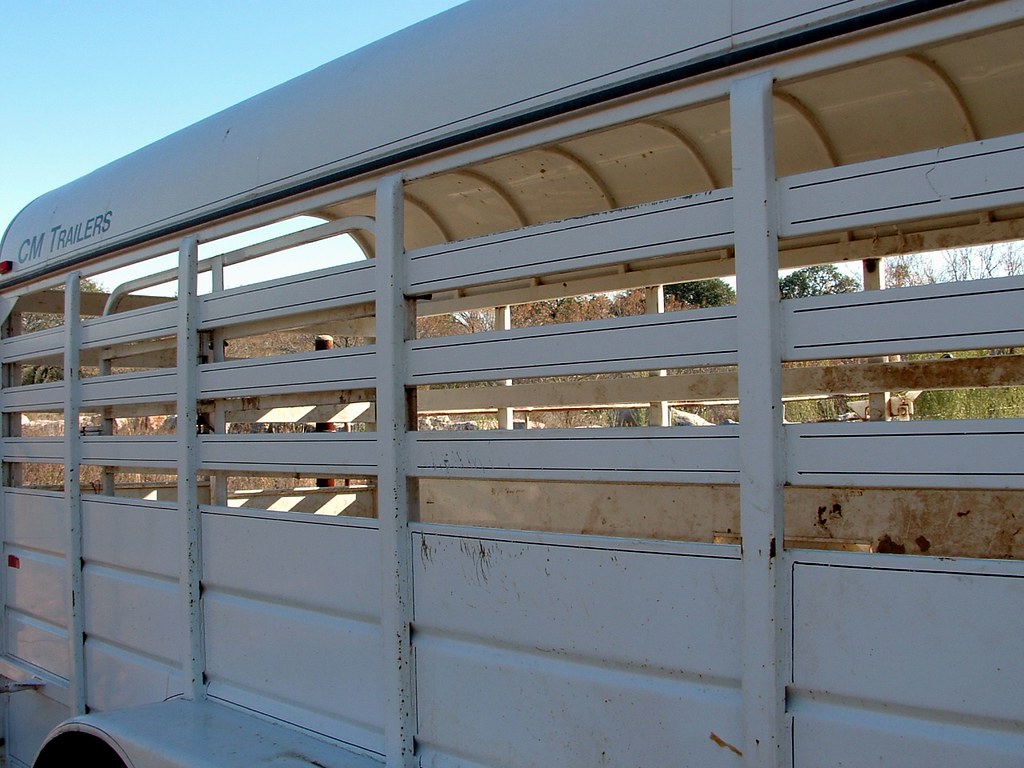
Illinois employers planning to protect confidential and proprietary trade secret information through the use of non-compete agreements or non-solicitation agreements need to be aware of amendments to the Illinois Freedom to Work Act that will take effect on January 1, 2022. These changes will institute a number of new requirements designed to restrict the use of non-compete and non-solicitation agreements.
Illinois law currently prohibits employers from requiring that workers earning less than $13 per hour sign non-compete agreements. That threshold is about to change. The law will instead prohibit the use of non-competes with workers earning less than $75,000 annually, and the minimum threshold will increase at various pre-determined dates. The minimum amount will rise to $80,00 per year on January 1, 2027, $85,000 per year on January 1, 2032, and $90,000 per year on January 1, 2037.
Continue Reading Illinois Amends Requirements for Non-Compete Agreements

 Virginia recently joined a growing list of states that have passed legislation prohibiting employers from enforcing non-compete agreements against low-wage employees. Illinois, Maine, Maryland, Massachusetts, New Hampshire, Rhode Island, and Washington have already enacted similar legislation. And as we previously
Virginia recently joined a growing list of states that have passed legislation prohibiting employers from enforcing non-compete agreements against low-wage employees. Illinois, Maine, Maryland, Massachusetts, New Hampshire, Rhode Island, and Washington have already enacted similar legislation. And as we previously  A Kansas District Court judge recently dismissed a trade secrets misappropriation action between two competing livestock nutrition companies.
A Kansas District Court judge recently dismissed a trade secrets misappropriation action between two competing livestock nutrition companies. On May 6, 2020, the U.S. District Court for the District of Maine denied plaintiff Alcom’s request for a temporary restraining order (“TRO”), which sought to enjoin a competitor’s alleged misappropriation of trade secrets. The court denied the request for a TRO, holding that Alcom’s speculation about the potential harm it would suffer absent the TRO was not enough to show a likelihood of irreparable harm, as required to obtain a TRO. The case serves as a reminder that when proving irreparable harm, courts require more than just speculation.
On May 6, 2020, the U.S. District Court for the District of Maine denied plaintiff Alcom’s request for a temporary restraining order (“TRO”), which sought to enjoin a competitor’s alleged misappropriation of trade secrets. The court denied the request for a TRO, holding that Alcom’s speculation about the potential harm it would suffer absent the TRO was not enough to show a likelihood of irreparable harm, as required to obtain a TRO. The case serves as a reminder that when proving irreparable harm, courts require more than just speculation. Are non-competes still enforceable in middle of the unprecedented economic disruption caused by COVID-19? Many employers have reacted to the business impact of COVID-19 by downsizing and laying off employees, some of whom signed non-compete agreements or restrictive covenants to protect the employer’s legitimate business interests, including its trade secrets and confidential information. Those same businesses now are left wondering whether those non-compete agreements are enforceable in the wake of massive unemployment triggered by the pandemic.
Are non-competes still enforceable in middle of the unprecedented economic disruption caused by COVID-19? Many employers have reacted to the business impact of COVID-19 by downsizing and laying off employees, some of whom signed non-compete agreements or restrictive covenants to protect the employer’s legitimate business interests, including its trade secrets and confidential information. Those same businesses now are left wondering whether those non-compete agreements are enforceable in the wake of massive unemployment triggered by the pandemic.